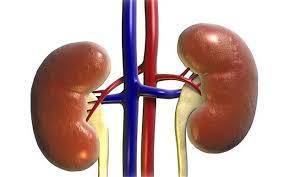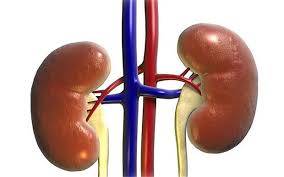A new study has cast doubt on the early warning system for kidney patients. Some researchers claim that electronic "early warning systems" designed to detect kidney damage in hospitalized patients do not effectively improve their outcomes or reduce their risks.
These systems aim to alert for acute kidney injury, or what is known as "acute kidney failure (AKI)," which is a sudden decrease in kidney filtering function. This health condition affects approximately 15% of patients hospitalized and increases the risk of death by nearly 10 times. Reportedly, these early warning systems automatically notify via the patient's electronic health record when laboratory tests show a sharp rise in blood creatinine levels, which is considered a key indicator of acute kidney failure since creatinine is a chemical waste produced by the body's muscles that the kidneys fail to filter in this case.
Dr. Fred Perry Wilson, director of the Clinical and Translational Research Accelerator at Yale University in New Haven, Connecticut, stated, "The prevailing opinion has been that these alerts can only benefit patients, but after our study, the safest conclusion is that we cannot provide any evidence that these alerts are fundamentally useful."
During the study, Dr. Wilson's team examined data from over 6,000 adult patients suffering from acute kidney failure at six different Yale-affiliated hospitals, where healthcare providers were instructed to activate the alert system for half of the patients with acute kidney failure, while the alert function was turned off for other patients. Researchers found that the alerts led to slight changes in the healthcare received by patients, including additional urine tests, more blood creatinine level tests, and increased documentation of the risk of acute kidney failure among patients, but did not make a significant difference in outcomes.
According to the study results published online on January 18 in the BMJ journal, it's likely that patients in the alert group experienced worsening conditions associated with acute kidney failure or needed dialysis, or they died at rates similar to those in the non-alert group. However, researchers were somewhat disturbed to discover in two of the hospitals included in the study that the mortality rate for patients receiving alerts for acute kidney failure was significantly higher, reaching 15.6%, compared to only 8.6% for those who did not receive alerts.
Dr. Wilson stated in a press release from Yale University, "What our study suggests is that we need to return to the basics to understand the dysfunction. We need to closely examine the behaviors of healthcare providers and the services provided to patients with acute kidney failure and ensure they are given adequate intravenous fluids, or whether these alerts distract them. In fact, we do not have a clear single reason to explain these poor results."




